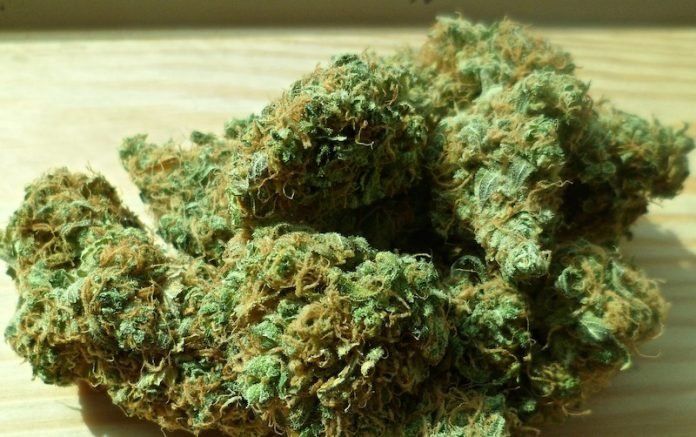
In a new study, researchers examined the health effects of eating marijuana.
They found that mice were less active, and their body temperatures were lower, after consuming a dough containing THC, the primary psychoactive component in marijuana.
The research was conducted by a team from IUPUI and Indiana University Bloomington.
This study is among the first to report on voluntary oral THC consumption in animals, a method of consumption that is similar to the way humans take the drug.
Many of the commercially made marijuana-based products have a relatively higher concentration of THC than does marijuana plant material.
In some cases, people are unsure how much of a marijuana edible they should eat and end up eating more than they should.
In the study, the researchers turned to mice to answer questions about edible forms of THC due to ethical barriers involving the use of humans in studies.
The mice were given gradually increasing doses in a dough made from flour, sugar, salt, glycerol, and THC.
They found the mice were less active and their body temperatures were lower after consuming a dough containing THC.
The team says understanding the health effects of eating marijuana edibles is important, given the growing popularity of that method of consumption in states where marijuana has been legalized.
People can buy cookies, candies and all sorts of things with THC in them. Marijuana edibles can elicit extreme, adverse reactions, warn the researchers.
In the future, the team plans to examine the impact of edibles on people’s ability to think, whether there are any long-term consequences, and what the consequences are, if any, of a child, accidentally eating marijuana edible.
The lead author of the study is Michael Smoker, first author of the paper and an addiction neuroscience Ph.D. candidate.
The study is published in Drug and Alcohol Dependence.
Copyright © 2019 Knowridge Science Report. All rights reserved.



